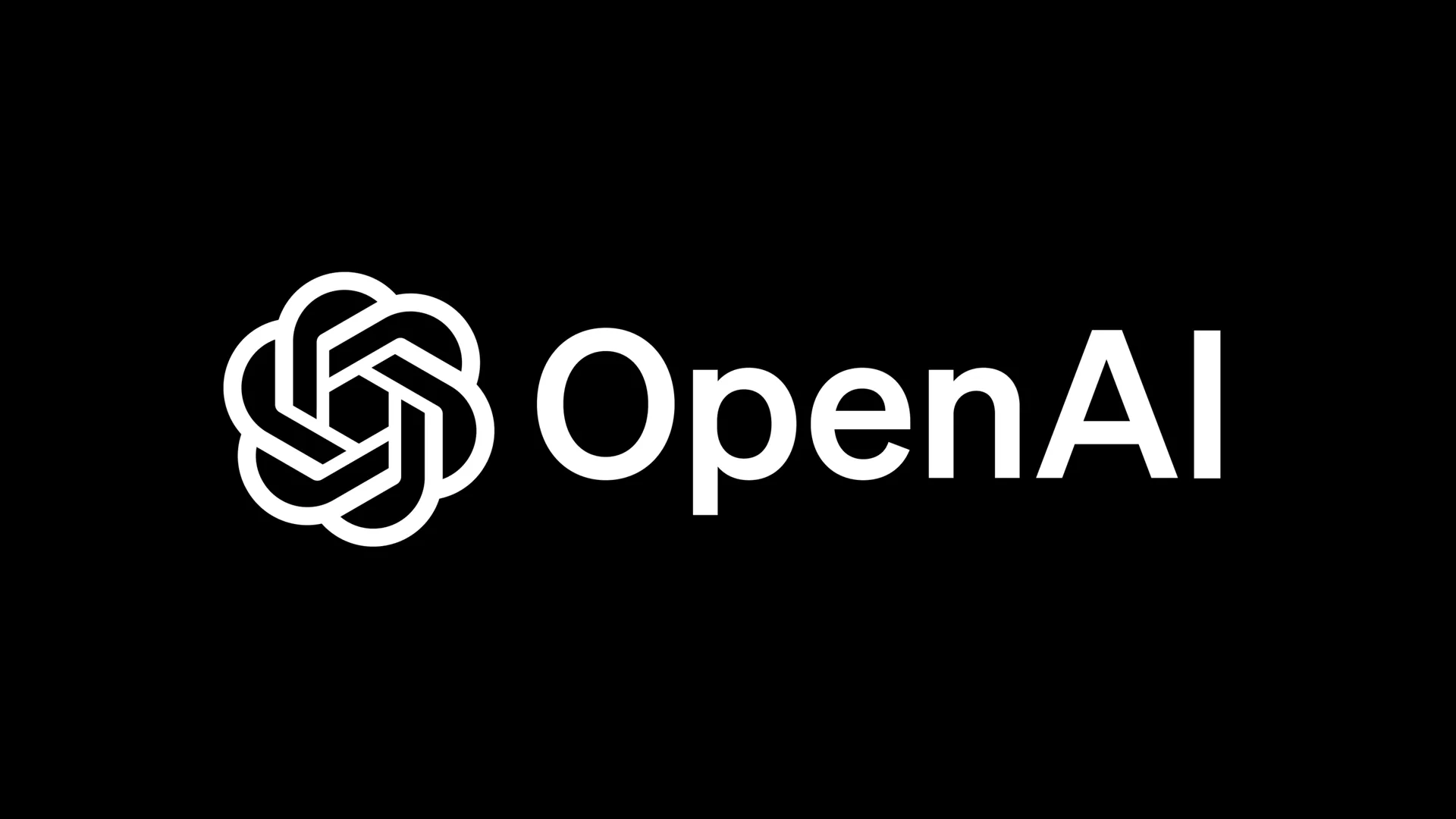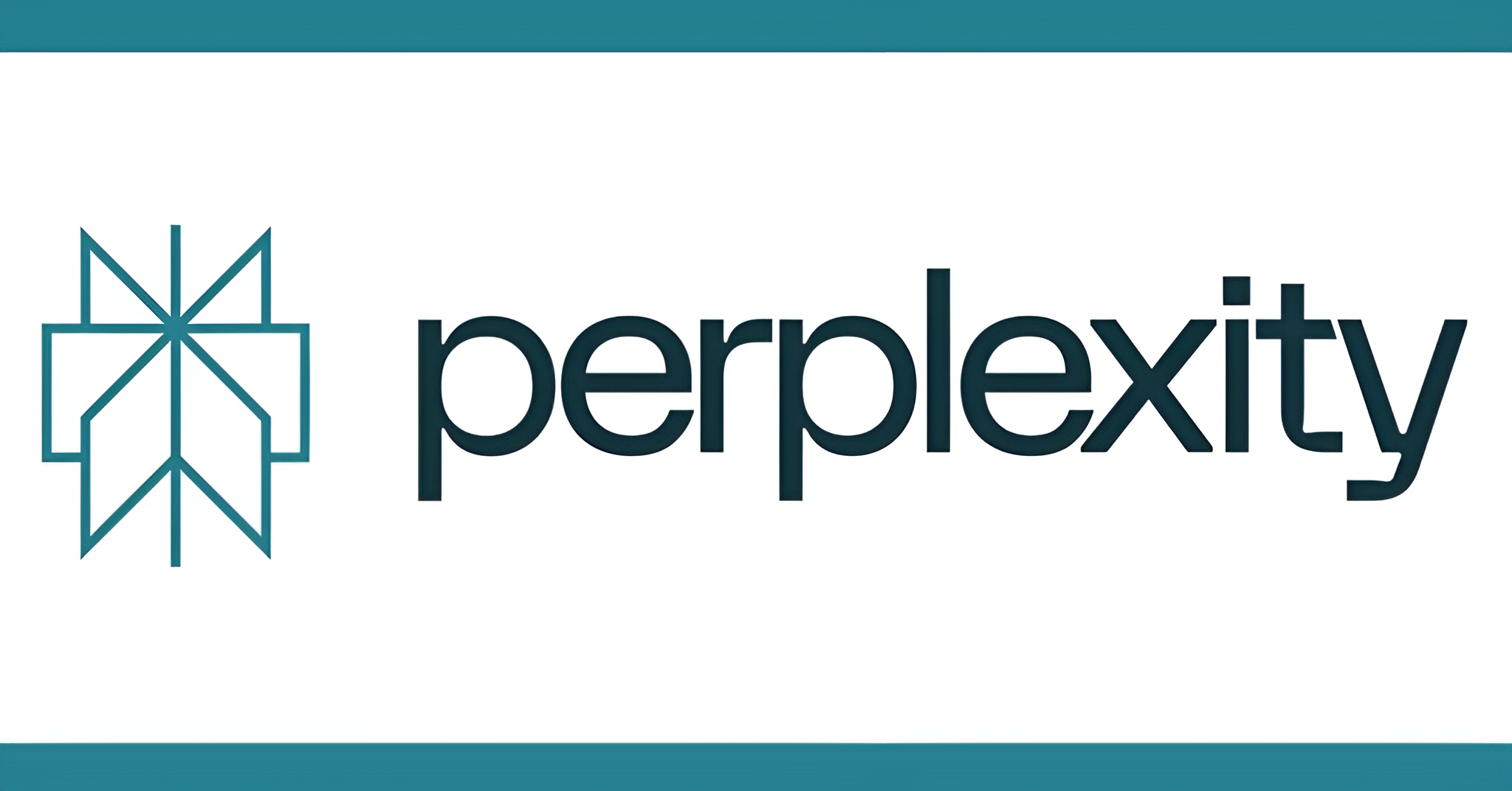The US R&D company, OpenAI, has introduced IndQA, a new benchmark designed to test how well AI systems understand and reason across Indian languages and cultural contexts. The benchmark covers 2,278 questions in 12 languages and 10 cultural domains, from literature and food to law and spirituality.
Developed with input from 261 Indian experts, IndQA evaluates AI models through rubric-based grading that assesses accuracy, cultural understanding, and reasoning depth. Questions were created to challenge leading OpenAI models, including GPT-4o and GPT-5, ensuring space for future improvement.
India was chosen as the first region for the initiative, reflecting its linguistic diversity and its position as ChatGPT’s second-largest market.
OpenAI aims to expand the approach globally, using IndQA as a model for building culturally aware benchmarks that help measure real progress in multilingual AI performance.
Would you like to learn more about AI, tech and digital diplomacy? If so, ask our Diplo chatbot!










